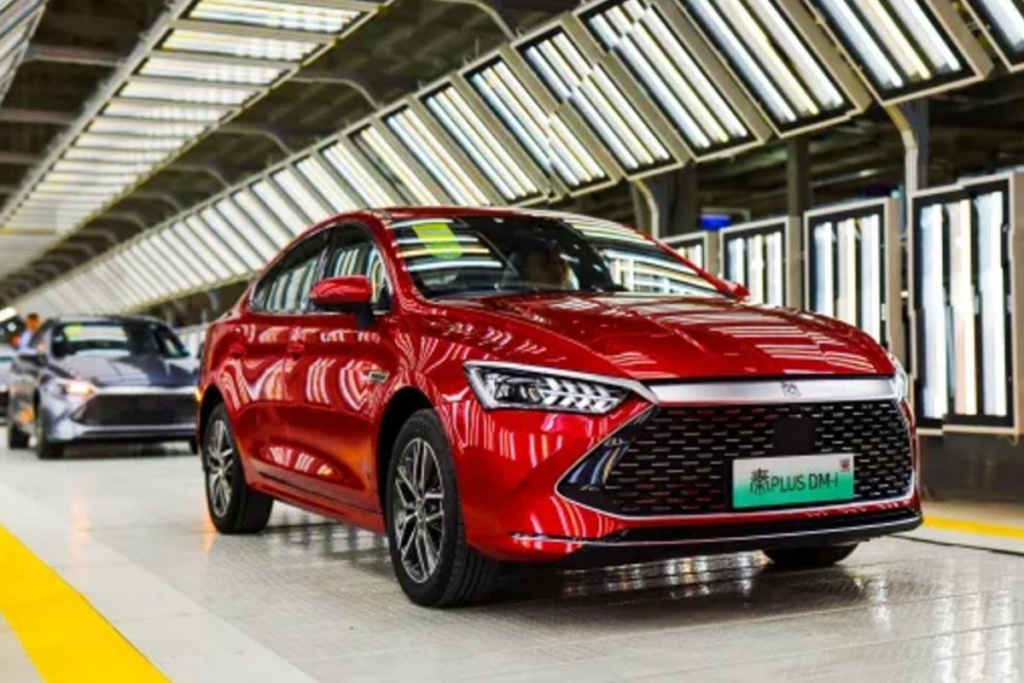China’s electric car companies are already involved in fierce competition and are now focusing on improving their cars and making them better than their competitors. These Chinese electric car companies are improving their cars with advanced technology, especially in the area of driver-assist features.
Companies like Nio and Xpeng have already announced that they have developed their in-house auto chips, which are a large part of electric cars.
Who Are Chinese Car Companies Competing Against?
China’s electric car companies are competing with each other. Each company wants to improve its cars and make them better than its rivals.
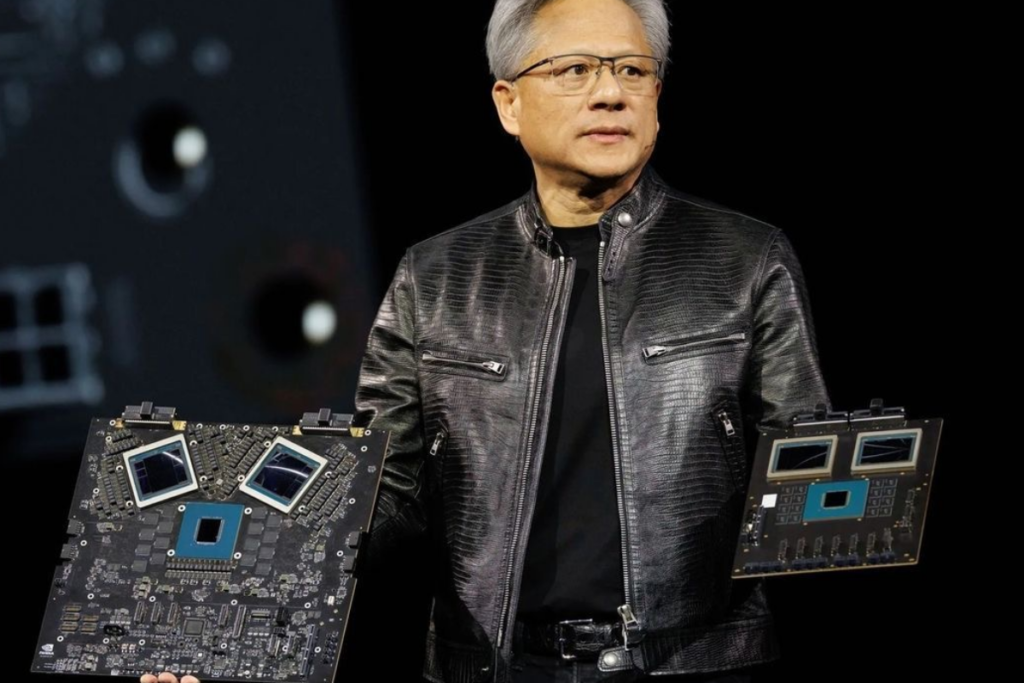
Before Nio and Xpeng’s announcement, most of China’s electric car manufacturers depended on chips from Nvidia. However, car companies are creating chips to stand out from their rivals. The auto chips allow them to offer unique features and reduce their reliance on foreign suppliers.
The founder of consulting firm Sino Auto Insights, Tu Le, explained why EV makers are using in-house chips. He said it is hard to say your product is superior to your competitors when you use the same silicon as their infotainment and intelligent driving systems.
Le said he expected Tesla and other Chinese electric startups to compete in designing their auto chips, while traditional car makers might still rely on Nvidia and Qualcomm. In 2019, Tesla created its auto chips, inspiring other electric car companies in China to follow suit. By designing their chips, these automakers can customize their cars, improve them, and avoid potential problems arising from political tensions between countries.
ALSO READ: Zeekr, Chinese EV Maker, Claims Its New Battery Outpaces Tesla in Charging Speed
Utilizing Cutting-Edge Technology
In July, Nio Announced a new, highly advanced auto chip that will be used in its upcoming luxury sedan. The company called the automotive-grade chip NX9031. It uses cutting-edge technology, usually reserved for smartphones and artificial intelligence (AI).
The NX9031 uses a highly advanced 5-nanometer production technology. According to Florence Zhang, the consulting Director of China Insight Consultancy, this is the first time that the five-nanometer process technology has been used in the Chinese automotive industry.
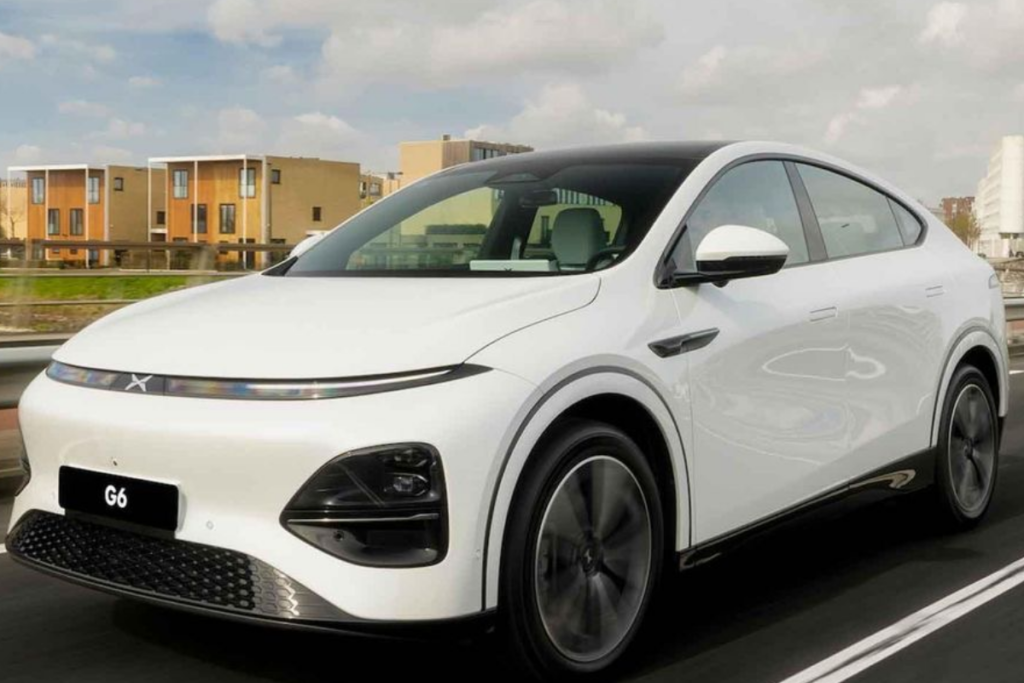
Xpeng also introduced its own chip, the Turing chip, but it did not provide specific details about the technology it uses for its chips. Despite the lack of specific details, Xpeng’s driver-assist technology is already considered one of the best in China.
Xpeng recently showed off its new computer chip. However, the company’s president, Brian Gu, explained in a recent interview that the company will still mainly use chips made by Nvidia. Xpeng and Nvidia work together closely. In China, other big electric car companies are also starting to see how vital these chips are for their cars.
Before this, the companies were focused on making better batteries for electric vehicles. However, they have shifted their focus to making cars smarter and more connected using these advanced chips. This was mentioned by Wang Chuanfu, the founder of BYD, during a press conference earlier this year.
BYD is another major Chinese electric car company. Wang mentioned that over 1 million BYD cars use chips made by Horizon Robotics. Last Tuesday, BYD announced that its new off-road vehicle brand, Fang Cheng Bao, will use a driver assist system from Huawei.
US Restrictions
Although US rules limited chip sales to China, this didn’t have much impact on them because, back then, their vehicles did not need the most advanced chips. However, as time passed and more attention was given to driver assist technology, which heavily relies on AI, Chinese car companies started developing their technology. Xpeng’s founder, He Xiaopeng, said the company aims to become a global leader in AI-powered cars in the next ten years.
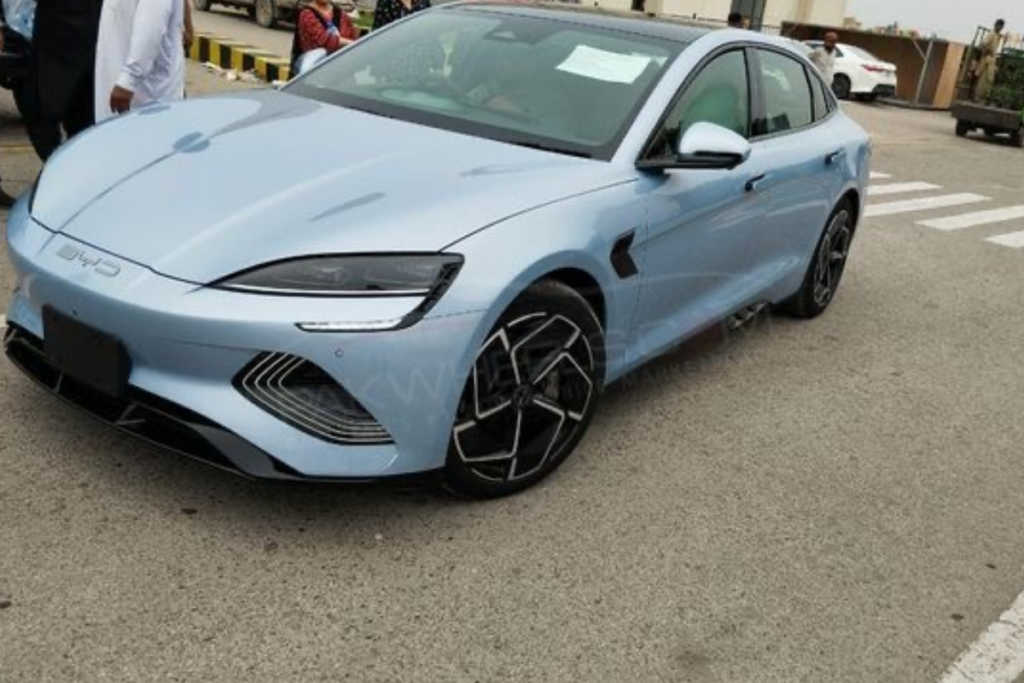
A company representative, Gu, mentioned that before the US restrictions, Xpeng worked with Alibaba Cloud to develop its driver-assist technology. Gu also said that this partnership might now give the company the most cloud computing power of any car manufacturer in China.
Developing New Technologies and Setting Industry Standards
As electric cars become more popular, car companies in China are also helping to set new rules and regulations. For instance, drivers can now use a smartphone app instead of a physical key to unlock a car. This app allows the vehicle to connect to phones, Bluetooth, or other advanced wireless methods.
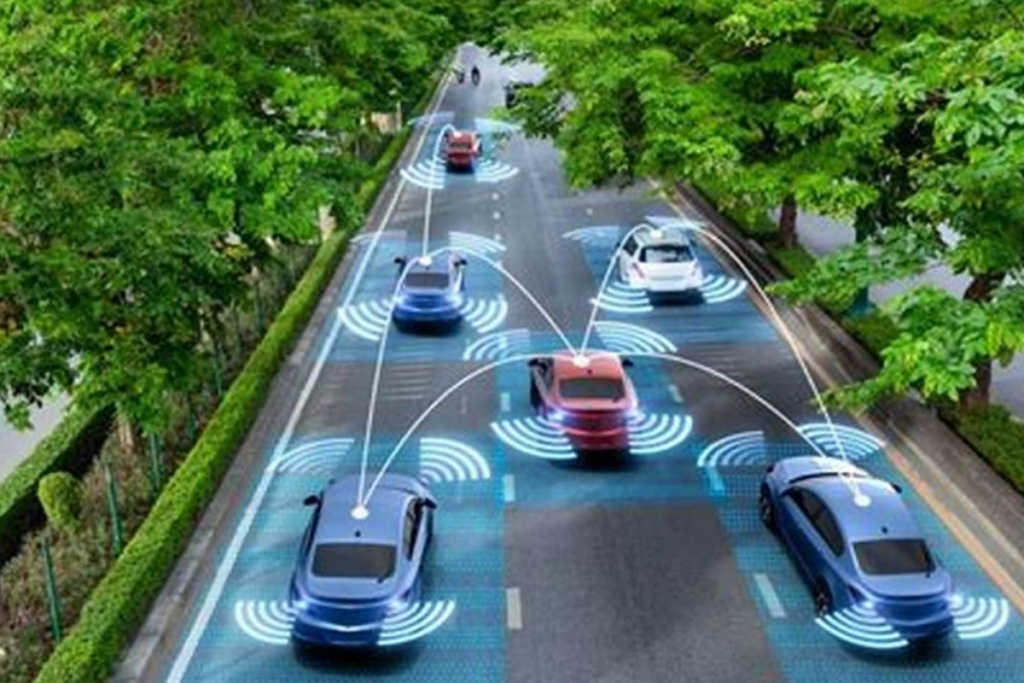
A group in California called the Car Connectivity Consortium is working on creating standards for how these technologies should work securely. Some standards, like those for near-field communication, are already in place.
Many members are from China, including big names like Nio, BYD, Huawei, and Zeekr. Other major tech giants, like Google, Apple, and Samsung, are also members.
The group’s president, Alysia Johnson, mentioned that the group’s goal is to make it easy for someone driving a car from one brand using a phone from another brand to share the digital key with someone else using different brands of cars and phones. For example, a BYD car driver using an Apple phone can send a digital key to a friend with a Samsung phone who drives a Zeekr car.
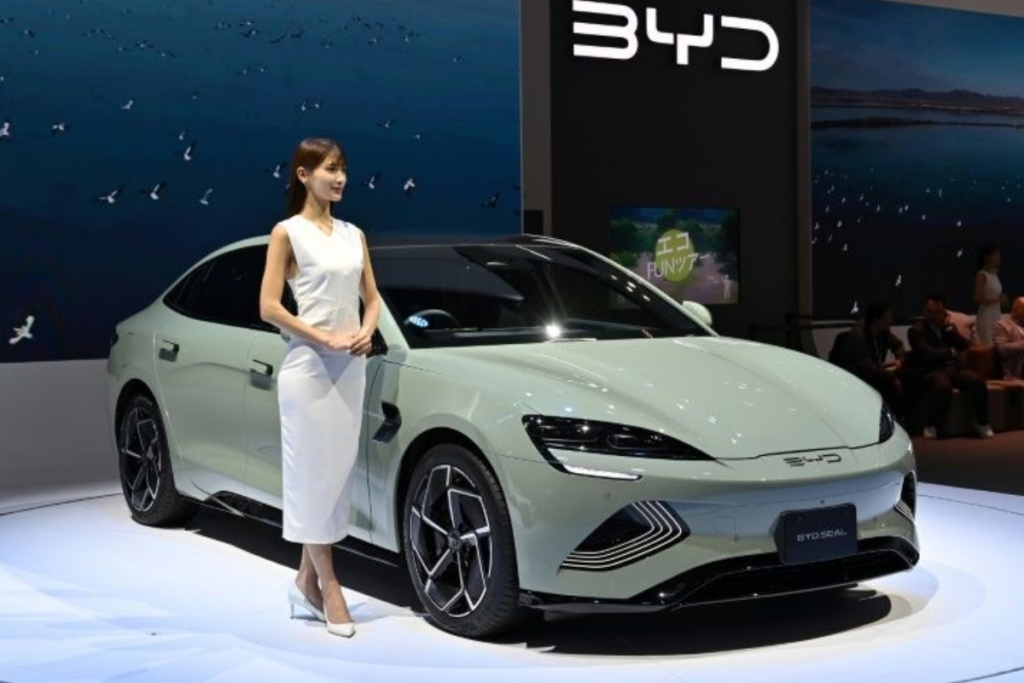
Johnson also pointed out that this digital key technology is becoming more common and easier to use than many people realize.
ALSO READ: Ferrari CEO Asserts All-Electric Model Retains the ‘Emotion’ of the Famed Supercars
How Many EV Brands Are There in China?
There are more than 100 electric vehicle (EV) brands in China, which shows the rapid expansion of the industry. Some of China’s major EV makers are BYD, Nio, Xpeng, and Li Auto.
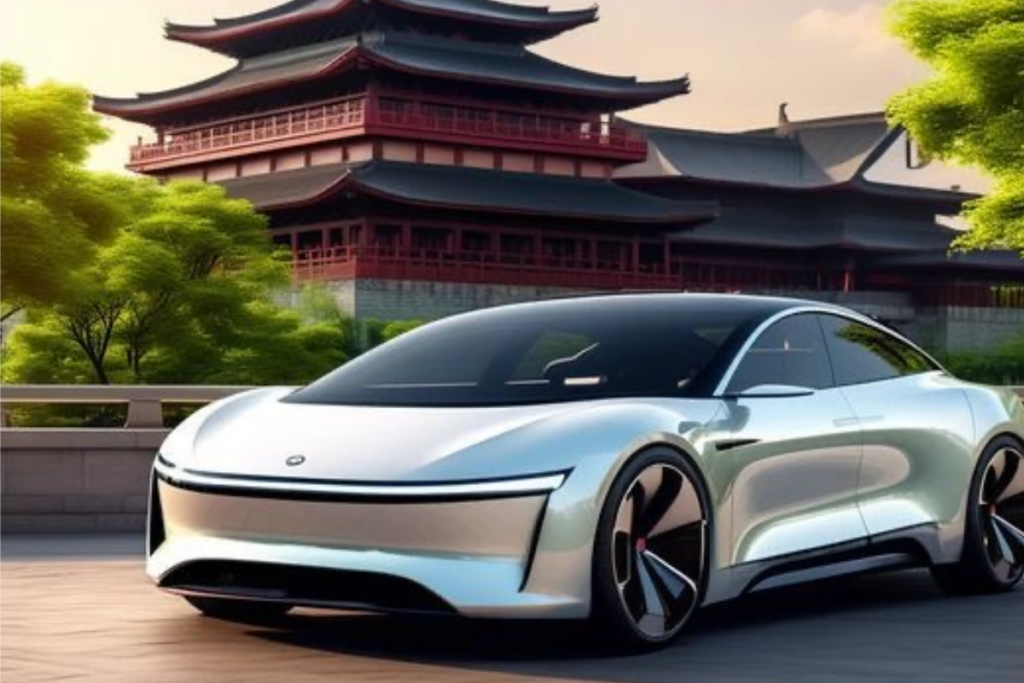
These electric car companies are leading the market, and many other smaller and new brands are contributing. China’s electric vehicle market is the largest in the world.
You Might Also Like:
China’s Zeekr Aims for Global Expansion with Electric SUV, Priced to Beat Tesla Model Y
New Report Shows Nvidia Revenue Grew by 122% Due to Soaring Demand for Data Center Chips
Top 10 Colleges for Financial Aid—Including One Ivy League School

